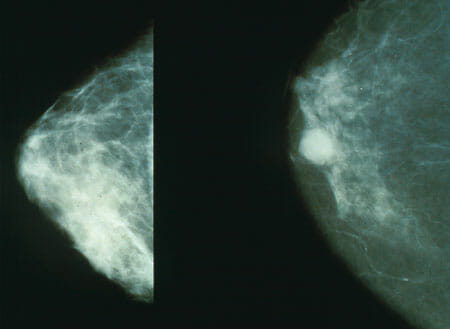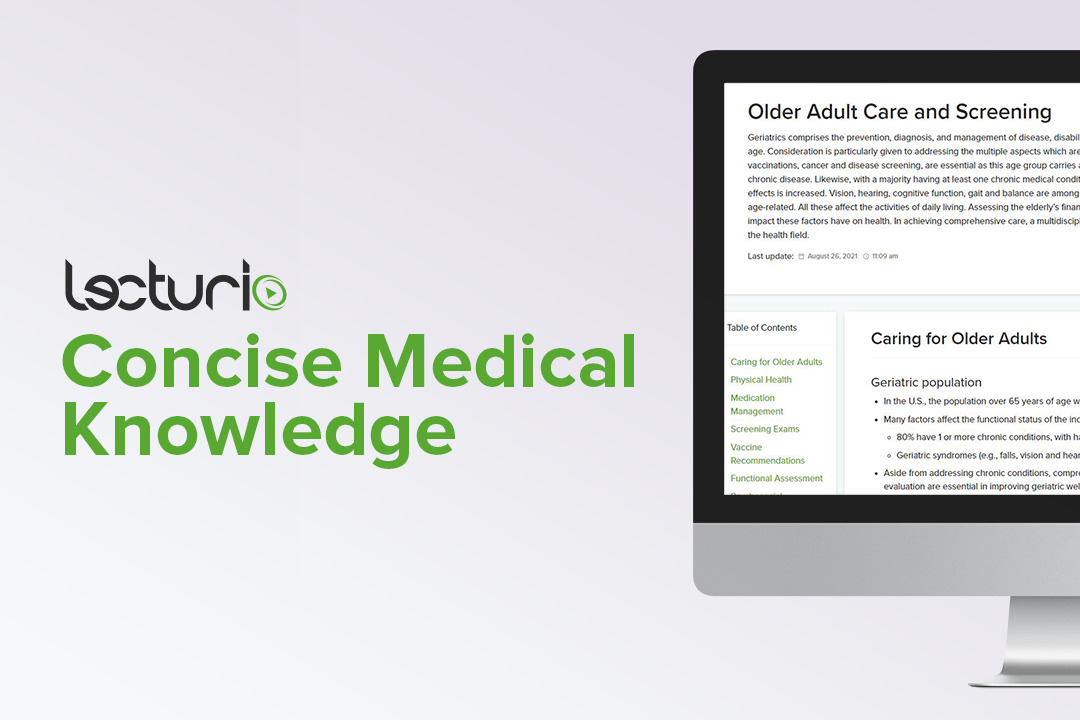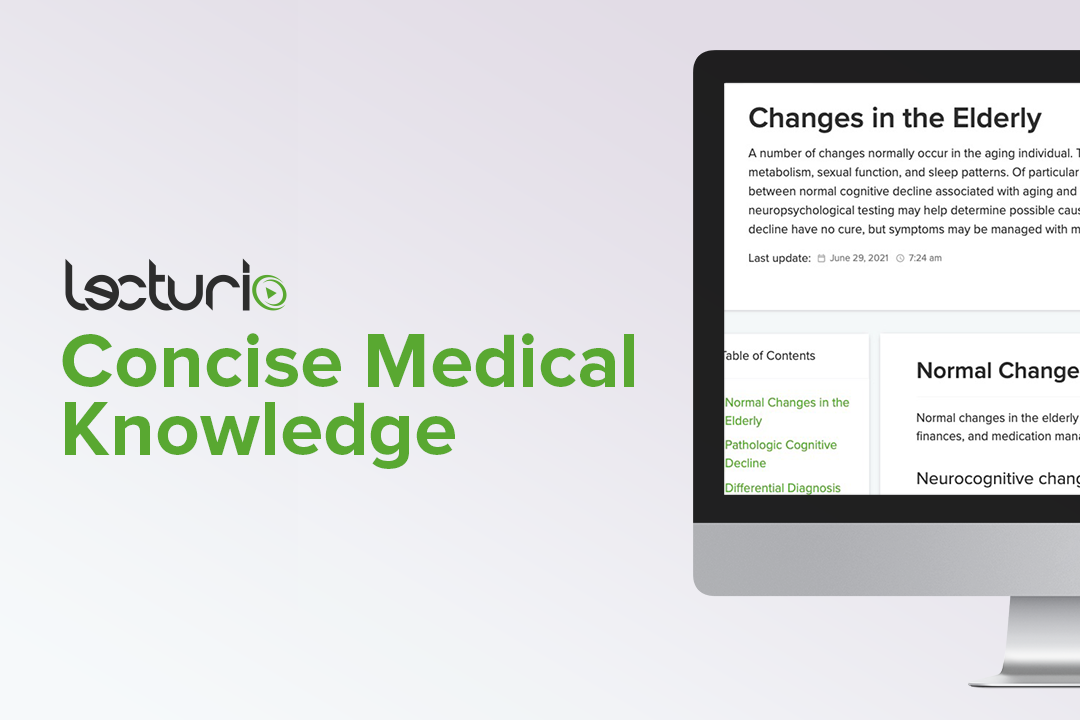Playlist
Show Playlist
Hide Playlist
Caring for Older Adults
-
Slides OlderAdults GeriatricCare.pdf
-
Download Lecture Overview
00:01 All right. 00:01 Now, we’re going to focus on a different special population, and I mean really special because I get a lot of satisfaction out of taking care of older adults. 00:09 So, let’s talk about best practices among older adults. 00:13 So, we have a 75-year-old woman. 00:14 She lives alone. 00:15 Her son brings her in and she's – and he is worried that she is losing weight despite not trying to lose weight. 00:22 So, what should be the first thing that you should do? Is it A, perform a thorough dietary history; B, check the patient's weight over time based on clinic records; C, evaluate the patient for neglect; or D, perform a screening exam for cognitive function? What do you think? These are all – could be correct answers. 00:43 So, this is really more of my bias, but I want a little objective data as to what's going on. 00:50 So, I would check B. 00:51 It's kind of like the newborn, when you’re worried about failure to thrive or the infant – you know, the first thing you do is go to record and actually see, ‘Well, is this a real result, let's retest the baby's weight.’ Here, let's see if the patient is actually losing weight because when I hear that issue, 'Oh, doc, I'm losing weight,' a lot of times, I’ll go back and six months ago they had the exact same weight or sometimes they’ve actually gained some weight in the interim. 01:16 Of course, A, C, D are good options too. 01:20 And once you demonstrate their – oh, gee, there has been a weight loss, you’re going to follow-through on all of those things. 01:27 And we’ll talk about unintentional weight loss among older adults in a minute. 01:32 But just as broadly concerning the assessment of older adults and some of the key facets to understand, physical health, the heart failure, the diabetes, the chronic kidney disease are still there. 01:43 So, we have to make sure that we’re managing those chronic conditions. 01:47 Then we’re addressing new conditions – pains in hips and pains in chest, and feeling dizzy, all those things need to be addressed. 01:55 And function becomes even more important, and so we start thinking about activities of daily living. 02:00 And what the patient actually does day-to-day and where they’re limited in terms of their abilities and what can they still do you even to the extent they did 30 or 40 years ago. 02:12 That functional assessment is big. 02:14 And lot of times, that's related to cognition. 02:17 Watching for cognitive declines, evidence of problems with memory, executive function among older adults as part of their care. 02:25 And understanding that's also intertwined with their mental health. 02:29 Depression is very common among older adults and presents in a different way too. 02:34 So, just being mindful of that. 02:36 Then, finally, the social environment. 02:38 What kind of social network do they have? Within their families, within their friends, with other groups, those who may be able to support them, finding the right support group for our seniors is important. 02:50 And so, part of that support group is the healthcare team itself. 02:54 Again, with the patient at the center, but includes a physician, nutritionists are very helpful, social workers – so, some great programs for older adults they can get involved with, often needing a physical therapist (inaudible) mobility and safety and occupational therapist to help them with those activities of daily living. 03:12 That's a nice start for a team there, but also consider a mental health professional in that list too.
About the Lecture
The lecture Caring for Older Adults by Charles Vega, MD is from the course Geriatric Care.
Included Quiz Questions
When an elderly patient is brought in by a family member who is concerned about their weight loss, what is the most appropriate next step in assessment of the patient?
- Confirmation of weight loss
- Screening for cancer
- Screening for depression
- Referring patient to nutritionist
- Evaluating elderly abuse/neglect
Which of the following evaluations should be done routinely in the general geriatric population? Choose all that apply.
- Functional assessment
- Screening for depression
- Social assessment
- Urine drug tests
- Screening for brain cancer
Customer reviews
5,0 of 5 stars
| 5 Stars |
|
1 |
| 4 Stars |
|
0 |
| 3 Stars |
|
0 |
| 2 Stars |
|
0 |
| 1 Star |
|
0 |
Excellent teaching method! So easy to learn and retain the topics!






